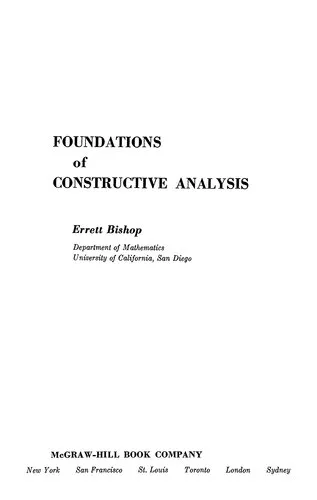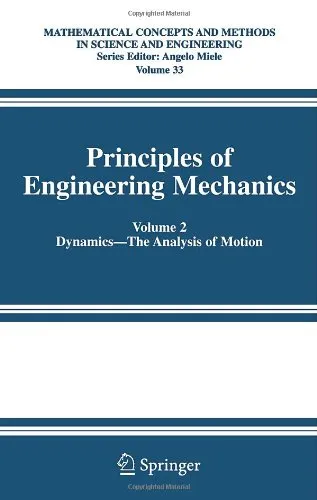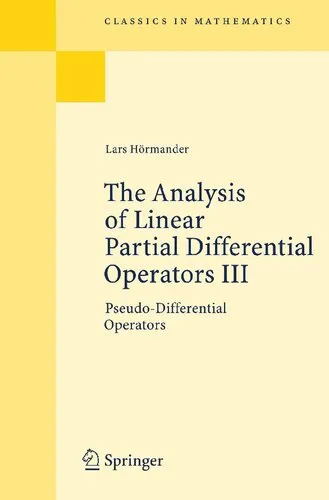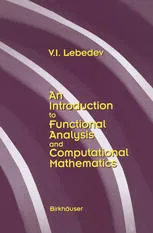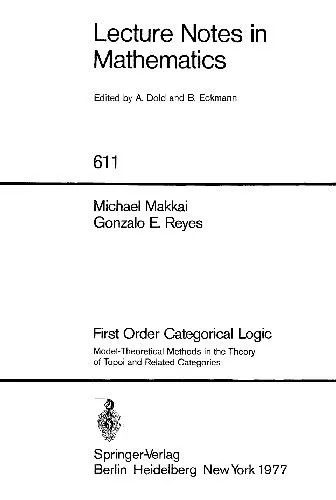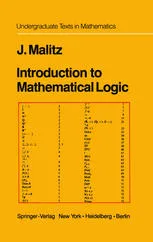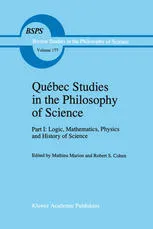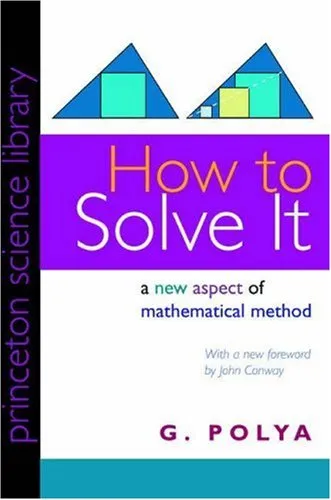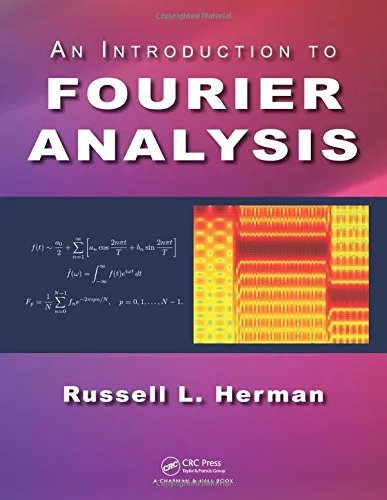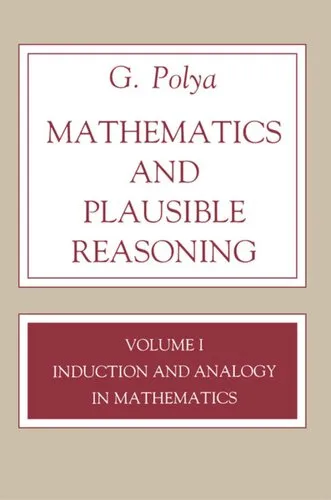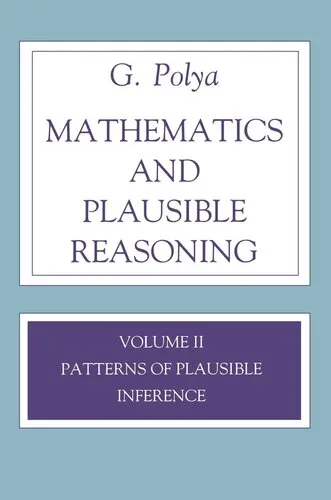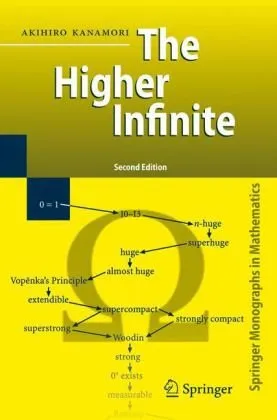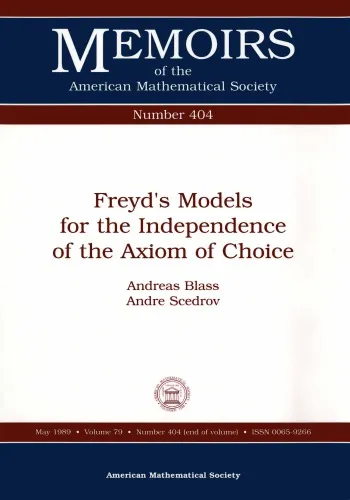Foundations of constructive analysis (McGraw-Hill series in higher mathematics)
4.8
بر اساس نظر کاربران

شما میتونید سوالاتتون در باره کتاب رو از هوش مصنوعیش بعد از ورود بپرسید
هر دانلود یا پرسش از هوش مصنوعی 2 امتیاز لازم دارد، برای بدست آوردن امتیاز رایگان، به صفحه ی راهنمای امتیازات سر بزنید و یک سری کار ارزشمند انجام بدینکتاب های مرتبط:
معرفی کتاب: Foundations of Constructive Analysis
کتاب "Foundations of Constructive Analysis" نوشته اررت بیشاپ، یکی از آثار مهم در زمینه ریاضیات سازهای است که به تحلیل نحوهای از ریاضیات میپردازد که بر مفهوم سازهگرایی تاکید دارد و نتایج ریاضی را مستقیماً با شیوههای سازنده بررسی میکند.
خلاصهای از کتاب
این کتاب با طرح کردن اصول بنیادین آنالیز ریاضی سازنده، به دنبال تغییر دیدگاههای متداول در ریاضیات کلاسیک است. بیشاپ با بیان مفهوم جدیدی از اعداد حقیقی و توابع پیوسته، نظریهای جامع ارائه میدهد که به طور همزمان با هدایت دقیق و سازهگرایانه از مفاهیمی مانند پیوستگی، تقارن و مشتقگیری استفاده میکند. این کتاب همچنین به بررسی کامل مبانی آنالیز منیفولدها، اندازه و انتگرال، و همچنین سریالها و تولیدات بسط میپردازد.
نکات کلیدی
- تفاوتهای بنیادی میان رویکردهای سازهگرا و کلاسیک در ریاضیات
- توسعه یک دیدگاه نوین به تحلیل از طریق روشهای سازهگرا
- کاربرد روشهای سازنده در اثباتهای ریاضی و نتایج
- جستجوی راههای جدید برای درک و کنترل نتایج ریاضی با استفاده از پایههای سازهگرا
جملات معروف
"Constructive mathematics is not a denial of classical mathematics but a clarification of its intuitive contents."
"The objects of mathematical experience are not isolated but reside within a framework of systematic relationships."
چرا این کتاب مهم است؟
کتاب "Foundations of Constructive Analysis" به دلایل متعددی از اهمیت بالایی برخوردار است. نخست، این کتاب به دانشجویان و پژوهشگران ریاضیات، دریچهای جدید به دنیای ریاضیات سازهای باز میکند، که امکان فهم عمیقتر و کاربرد مؤثرتر مفاهیم ریاضی را فراهم میآورد. علاوه بر این، به چالش کشیدن دیدگاههای کلاسیک و ارائه راهحلهایی عملی برای مسائل پیچیده، از دیگر جنبههای ارزنده کتاب است. بسط دیدگاههای سازهگرا به تحلیلهای پیچیدهتر و قدرت انطباق آنها با نیازهای علمی جدید، نه تنها درک ما را از ریاضیات گسترش میدهد، بلکه در حل مسائل واقعی نیز کاربرد دارد.
Introduction to 'Foundations of Constructive Analysis'
The 'Foundations of Constructive Analysis' stands as a groundbreaking work in the realm of mathematics, authored by Errett Bishop. This landmark text delves into the principles of constructive analysis, a field that redefines classical mathematical concepts through a more intuitionistic approach. Constructive analysis is fundamentally about ensuring that mathematical results are not only proven to exist but can be explicitly constructed.
Detailed Summary of the Book
The book 'Foundations of Constructive Analysis' provides a comprehensive exploration of constructive methods in analysis. Bishop meticulously examines the traditional mathematical constructs and reconstructs them through a lens that prioritizes constructive proof. The text covers a wide array of topics including set theory, metric spaces, continuous functions, and integration. Bishop's approach diverges from the classical perspective by ensuring that mathematical objects and results have concrete representations.
The book begins by introducing the reader to the constructive approach, laying the groundwork for understanding how it contrasts with classical methods. This introduction is crucial for grasping the nature of the proofs provided throughout the text. Further, the book delves into function theory and calculus constructed on firm intuitionistic foundations, leading to a more tangible understanding of these entities.
Each chapter builds on the prior, ensuring a smooth progression from elementary constructive concepts to more complex theorems. The final chapters extend these principles to cover topics such as compactness, convexity, and the spectrum of self-adjoint operators in Hilbert spaces, all through a constructive framework.
Key Takeaways
- Constructive Reinterpretation: Experience a reevaluation of classical analysis problems and solutions through a constructive paradigm.
- Mathematical Rigor: Gain insight into a branch of mathematics that demands explicit constructions for proof of existence versus simply assuming such existence.
- Intuitive Approach: Develop a deeper intuitive understanding of mathematical constructs through a practical, hands-on approach.
- Advancement in Understanding: Attain knowledge that builds a bridge between classical and constructive mathematical approaches, invaluable for advanced studies or research.
Famous Quotes from the Book
“The goal of constructive mathematics is to prove the existence of mathematical objects in a manner that allows for their explicit construction.”
“To exist constructively is to be computable in principle.”
Why This Book Matters
The significance of 'Foundations of Constructive Analysis' lies in its pioneering approach that challenges conventional thinking within the mathematical community. Bishop's work invites mathematicians to reconsider what it means for a mathematical entity to exist, emphasizing the importance of constructibility and computability. This shift not only enhances mathematical rigor but also has profound implications for computational mathematics, where explicit construction is often paramount.
Moreover, the book serves as a crucial resource for those engaged in the study of mathematical logic and philosophy, offering a unique perspective that bridges the gap between theoretical and applied mathematics. Bishop's work has laid the groundwork for further advancements and exploration in the landscape of analysis, inspiring future generations of mathematicians to explore and build upon his foundational concepts.
In summary, 'Foundations of Constructive Analysis' is more than just a textbook; it is a revolutionary work that pushes the boundaries of what is traditionally accepted in mathematical analysis. It calls for a deeper, more constructive engagement with mathematical ideas, ensuring that mathematical thought progresses in a manner that is both practical and philosophically consistent.
دانلود رایگان مستقیم
شما میتونید سوالاتتون در باره کتاب رو از هوش مصنوعیش بعد از ورود بپرسید
دسترسی به کتابها از طریق پلتفرمهای قانونی و کتابخانههای عمومی نه تنها از حقوق نویسندگان و ناشران حمایت میکند، بلکه به پایداری فرهنگ کتابخوانی نیز کمک میرساند. پیش از دانلود، لحظهای به بررسی این گزینهها فکر کنید.
این کتاب رو در پلتفرم های دیگه ببینید
WorldCat به شما کمک میکنه تا کتاب ها رو در کتابخانه های سراسر دنیا پیدا کنید
امتیازها، نظرات تخصصی و صحبت ها درباره کتاب را در Goodreads ببینید
کتابهای کمیاب یا دست دوم را در AbeBooks پیدا کنید و بخرید
1401
بازدید4.8
امتیاز0
نظر98%
رضایتنظرات:
4.8
بر اساس 0 نظر کاربران
Questions & Answers
Ask questions about this book or help others by answering
No questions yet. Be the first to ask!
